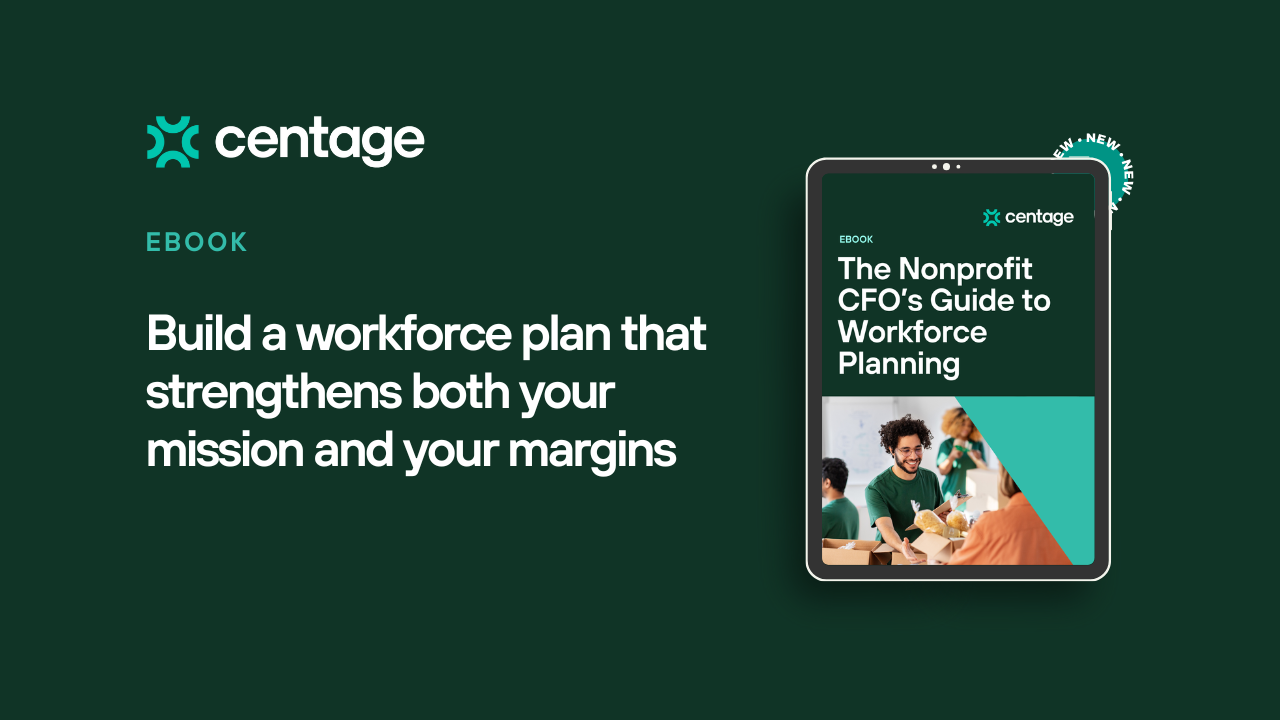Using Scenario Planning Tools for What-If Analysis
Data has always been a critical piece to the success of businesses. Those who can gather and leverage information about their customers, business operations, sales and so forth, will position themselves well to understand and take advantage of growth opportunities. However, data analysis can only do so much to predict the future. While understanding that the past can serve as a good foundation for pointing a company in the right direction, the path that is taken will have twists and turns that could not be predicted by the company’s historical data. Even one unexpected turn or scenario that is not prepared for could be harmful to the success of a company and hamper its ability to reach its goals.If you know that data might point in the right direction, but you want to cover your bases, what do you do? What-if scenario planning and analysis is the key to understanding what could happen and how to adjust your plans to make sure you reach your goals and stay successful.
What is What-If Scenario Planning?
Let’s start with what is a what-if scenario? A what-if scenario is basically a possibility that might occur if certain changes are made or happen. For instance if we change the price of product X, what will happen to revenue. What-if scenario planning is just like it sounds – it’s a means of evaluating potential outcomes based on what might happen. It gives an organization the power to understand how variables might affect business goals and to plan for those eventualities.
Deliver Budget vs. Actuals, Cash Flow Management, and Scenario Planning
There are many ways in which you can perform what-if scenario analyses, giving you varying degrees of information. For instance, taking the extremes of a variable to see what the most dramatic financial impacts would be is one type of scenario. If you wanted to understand how poor sales vs. incredible sales would mean for the growth of a given product, you could plug in the lowest level of revenue and the highest for the product and see what results from each scenario. Multivariate models can also be informative. In these models, multiple variables are tested at once to see what the impact would be. What would be the situation, for instance, if you increased the number of salespeople but saw a dip in purchases? Is it worth bringing on as many new sales team members as you’d planned to if sales don’t increase? What will that cost the organization?
What-if scenarios don’t tell the future, but they paint a picture of what the future could look like, given certain assumptions. These scenarios might not change your goals or growth plan, but they will allow you to have a plan in place if your variables stray from the original assumptions.How exactly can organizations perform what-if scenario analysis quickly and easily? This is where scenario planning tools and software come in.
Scenario Planning Tools: The Power of Planning Software over Spreadsheets
Strategically, what-if scenarios can put your organization in a powerful position. Tactically, however, it may be difficult to get the data that you need unless you have the right scenario planning tools. What-if scenarios can be a challenge if you are using spreadsheets to do your budget and planning. To create these scenarios, multiple copies of a plan must be created where variables can be manipulated. Changes to each version must be completed methodically, taking away an analyst’s ability to play with numbers and see what the effects might be. Also, many spreadsheets used for business planning have intricate and complex formulas. Without an expert manipulating the variables, the data gained from what-if scenarios may be of limited value, since it would be easy to break an involved spreadsheet.
Dedicated planning and budgeting software, however, makes it easier to investigate different scenarios and review potential outcomes where multiple variables could change. Being able to change a variable easily without concerns of bad data or breaking formulas means analysts can quickly run scenarios against a wider range of possibilities. This, in turn, puts the company in the best position to make solid, data-driven decisions that keep you on the path to your business goals. What-if scenarios can help organizations know how to adjust when key elements of their planning go awry. By knowing what different situations might look like, companies can keep themselves on the path to their goals even when variables change. In order to quickly and efficiently analyze these what-if scenarios, organizations need to invest in the right scenario planning software.
Keep reading...
Interviews, tips, guides, industry best practices, and news.


